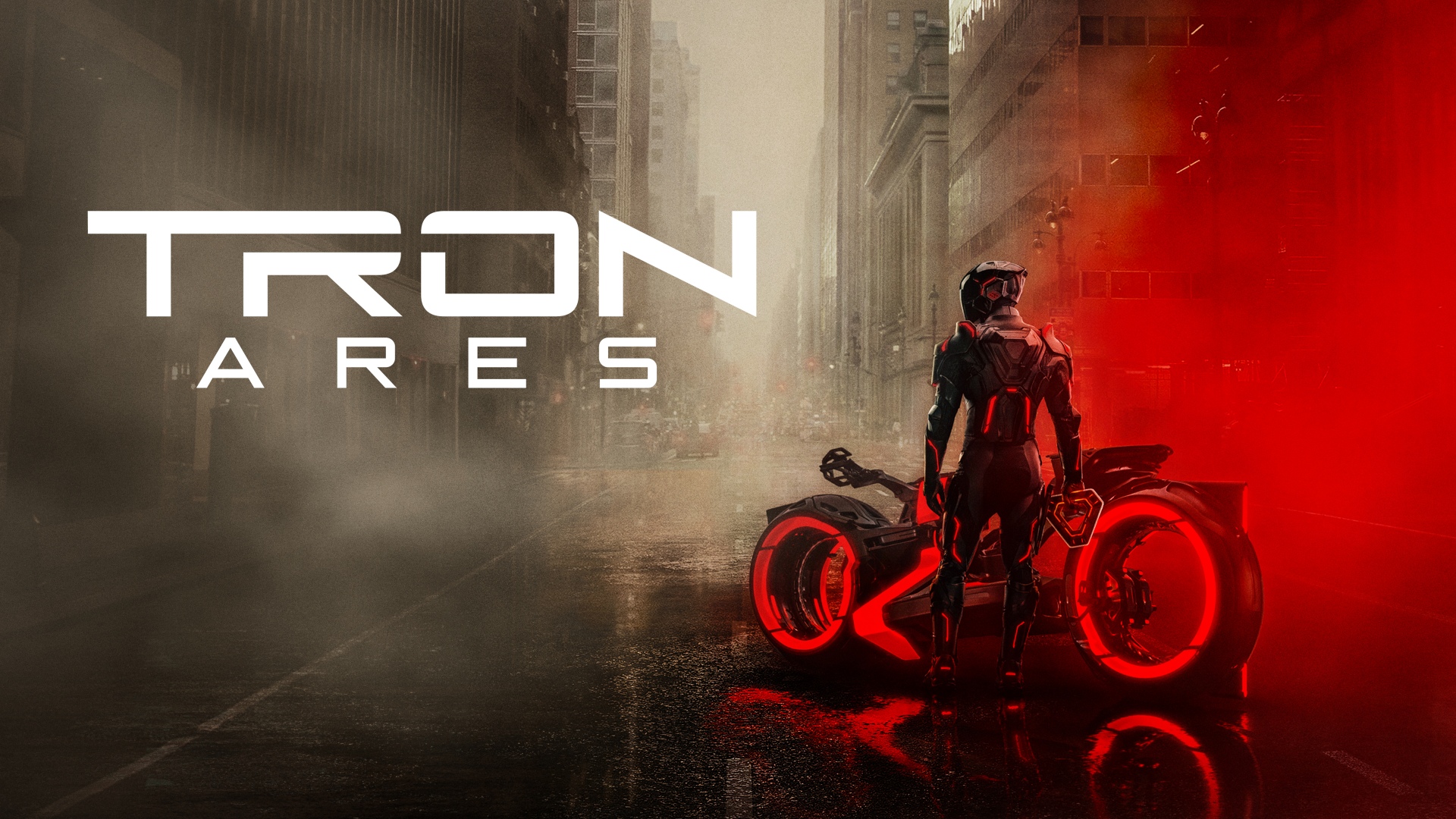
when Horror Yearbook – Tron fans waited over a decade to return to the Grid. The last installment, Tron Legacy, premiered in 2010, dazzling audiences with neon visuals, digital landscapes, and a now-iconic Daft Punk score. Yet despite its tech-forward spectacle, Disney hesitated to fast-track a sequel. Tron Ares, finally arriving in 2025, marks the franchise’s first major return in 15 years. The wait seems long in a world where sequels typically follow swiftly, but Tron has always lived in long shadows. The 1982 original saw a 28-year gap before its own sequel. Tron Legacy delivered impressive global box office earnings, but not enough to create a juggernaut. Critical reception was mixed, praising the visuals while noting a thin storyline. Compared to massive Disney hits like Toy Story 3 and Tangled, Tron underperformed. This sparked an enduring question: did Disney believe in Tron enough to invest in another blockbuster?
Tron was not Disney’s only foray into ambitious sci-fi world-building. The studio tried repeatedly to launch bold new franchises aimed at audiences hungry for something fresh. However, other attempts like John Carter and The Lone Ranger crashed at the box office. Even Tomorrowland, despite being directed by the brilliant Brad Bird and starring George Clooney, flopped with a weak global total. Its failure cast a long shadow over Tron’s future.
Tron Legacy star Garrett Hedlund has pointed to Tomorrowland’s reception as a turning point that convinced Disney cerebral science fiction was a commercial risk. Though Tron had managed moderate success, its niche status made it vulnerable in a market demanding billion-dollar results. While loyal fans stayed hopeful, studio executives saw more failure than opportunity. Scripts for a third Tron film were drafted, and minor projects like Tron Uprising aired, but none sustained momentum. Tron was left to drift in creative limbo, overshadowed by louder, safer bets.
Even if Tron Legacy had been a critical darling or a record-breaker, timing hurt its chances. Disney entered an unprecedented era of success following its Marvel acquisition. The Marvel Cinematic Universe exploded, bringing regular box office wins and a global fanbase. Just as The Avengers conquered screens, Disney purchased Lucasfilm, unlocking the Star Wars empire. These powerhouses, alongside consistent animated hits from Pixar and Disney Animation, gave the studio everything it needed.
There was little incentive to risk investing heavily in another sci-fi franchise like Tron. Between Frozen, Inside Out, and Beauty and the Beast remakes, Disney saw easier, more profitable paths. Even the Muppets found a brief resurgence. Tron, while visually distinctive and beloved by a select few, was never a sure thing. Although updates hinted at new developments, nothing concrete emerged. Tron director Joseph Kosinski later described the sequel project as being in cryogenic freeze, a clear sign it was low on Disney’s priority list.
“Read more: Shockwaves in the NFL! Super Bowl Champion Arthur Jones Dies Suddenly at 39”
Tron’s long-awaited return may reflect less about the franchise’s strength and more about Disney’s current vulnerability. The once unstoppable Marvel brand is now showing signs of fatigue, with several recent titles underperforming. Star Wars movies paused after The Rise of Skywalker left fans divided. Even reliable hits like live-action remakes no longer guarantee billion-dollar earnings. Faced with fewer sure bets, Disney may view Tron Ares as a relatively low-risk revival. Plus, Tron already has a presence in Disney’s theme parks.
The Lightcycle Run roller coaster debuted in Shanghai Disneyland in 2016 and recently opened in Orlando. Reviving the film franchise strengthens the theme park brand and allows for expanded merchandising. Tron’s return may not be about fan demand alone, but about maximizing every corner of Disney’s existing intellectual property. In uncertain times, even modest successes can add value. Tron Ares now becomes both a nostalgic return and a strategic move for a studio reevaluating its place in a changing entertainment landscape.
Tron Ares still must prove itself. Tron has never been a mainstream powerhouse, instead drawing cult admiration for its aesthetic and pioneering visuals. For general audiences, its glowing landscapes and synth-fueled tone may not be enough. Modern viewers expect strong emotional arcs, character depth, and interconnected stories, especially in major franchises. Tron has always leaned more toward stylistic innovation than narrative depth. Without a compelling story, Ares risks repeating the same mistakes that limited Legacy’s impact. The sci-fi landscape has also evolved.
Films like Dune and Everything Everywhere All at Once raised audience expectations. Tron Ares must be more than a visual showcase; it needs to offer something truly fresh. Still, Disney can benefit even from a moderate hit. New merchandise, renewed theme park interest, and fresh content for fans could revitalize Tron. If it fails, Disney moves on with its lineup. But if it lands just right, Tron could finally move beyond cult status and become the franchise it always aspired to be.
This article is sourced from collider.com and for more details you can read at horroryearbook
Writer: Sarah Azhari
Editor: Anisa